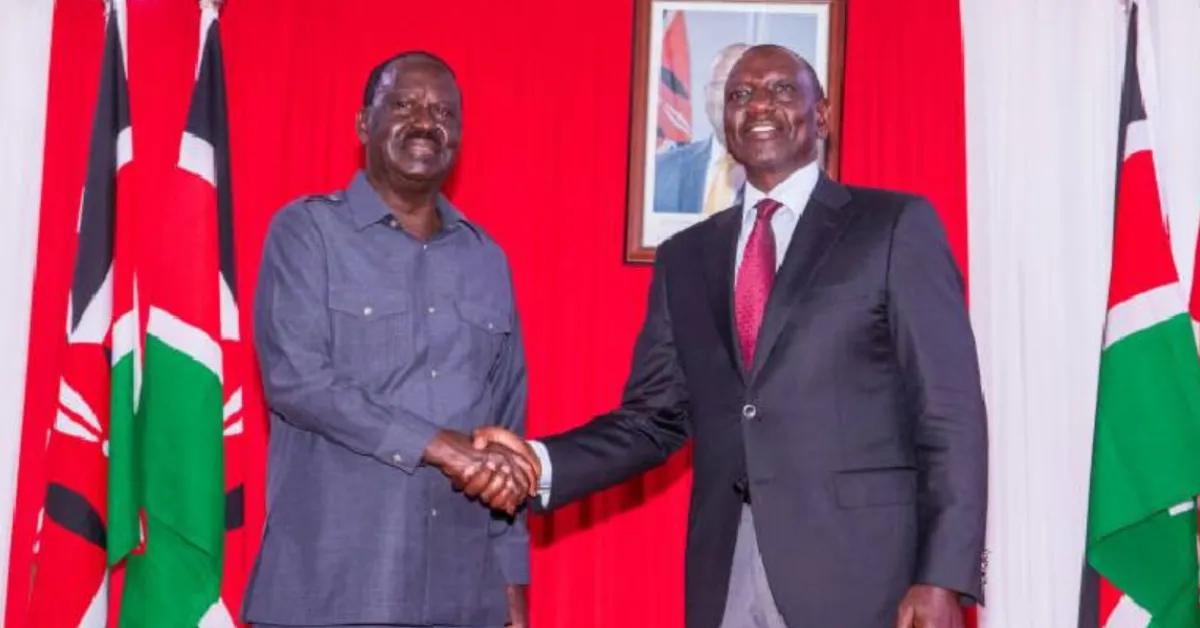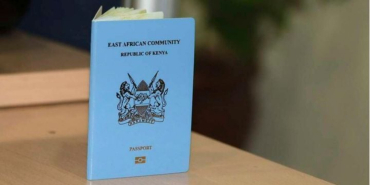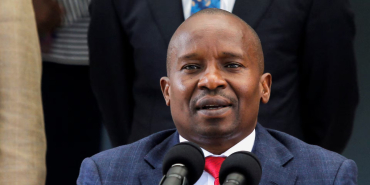Most Kenyans Reject Broad-Based Government, TIFA Survey Finds

Public opposition to Kenya’s broad-based government has risen sharply, with 64 percent of citizens now rejecting the arrangement, according to a new survey by TIFA Research.
The findings, released as the Kenya Kwanza administration enters its third year, show a dramatic increase in disapproval since May, when only 29 per cent of respondents opposed the model. Support for the government-opposition alliance remains unchanged at 29 per cent, while just 7 percent of those surveyed declined to give an opinion, suggesting a more definitive public stance on the issue.
The broad-based government structure was formed through an informal agreement between President William Ruto and opposition leader Raila Odinga. As part of the deal, key members of Odinga’s ODM party were appointed to senior positions in government, including Cabinet posts, parastatal boards, and diplomatic missions. These appointments have raised concerns about the weakening of the opposition’s oversight role in Parliament.
TIFA’s report highlights growing unease over the perceived erosion of democratic accountability. The study notes that ODM’s function as the official opposition has been significantly diminished, with many Kenyans questioning the legitimacy of an arrangement that merges opposition figures into government without a formal coalition.
Initially presented as a pan-African strategy, particularly following Ruto’s support for Odinga’s candidacy for African Union Commission Chair, the partnership has faced increasing domestic criticism. The survey indicates that what was once framed as a unifying move is now viewed by many as political co-optation.
The poll was conducted between 23 August and 3 September through face-to-face interviews with 2,023 adults across nine regions: Central Rift, Coast, Lower Eastern, Mt Kenya, Nairobi, Northern, Nyanza, South Rift, and Western. Interviews were carried out in both English and Kiswahili. The survey has a margin of error of plus or minus 2.17 percent.
The timing of the poll is significant, coming just weeks before by-elections scheduled for late November. While the broader political landscape remains fluid, the upcoming votes may offer early insights into how shifting public sentiment could affect future electoral outcomes, including the 2027 general election.
TIFA’s data suggests that many Kenyans are increasingly wary of political deals that blur the lines between government and opposition. As alliances shift and institutions adjust, public demand for accountability and distinct political alternatives appears to be growing.














Add new comment